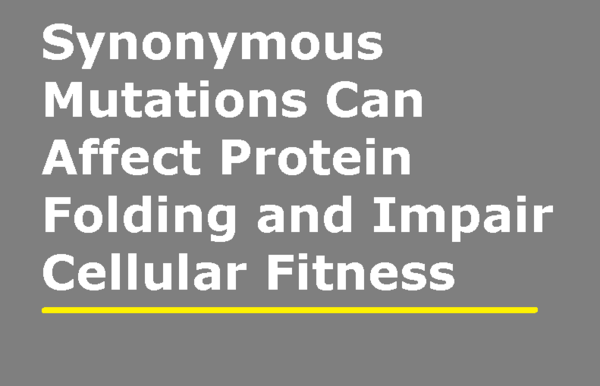
Ellen Burns
Ellen from Profacgen who provides a wide range of expression systems from procaryotic cells to eukaryotic cells to cell free and animal free systems, from transient expression to stable expression. We produce recombinant proteins according to our customer specifications or by developing customized protocols in house.
Contributing Author
Disclaimer: All opinions, ideas, and thoughts expressed and posted by Contributors at BiopharmaTrend.com platform are their own personal points of view, and do not represent neither Contributor's employers, nor BiopharmaTrend.com.
